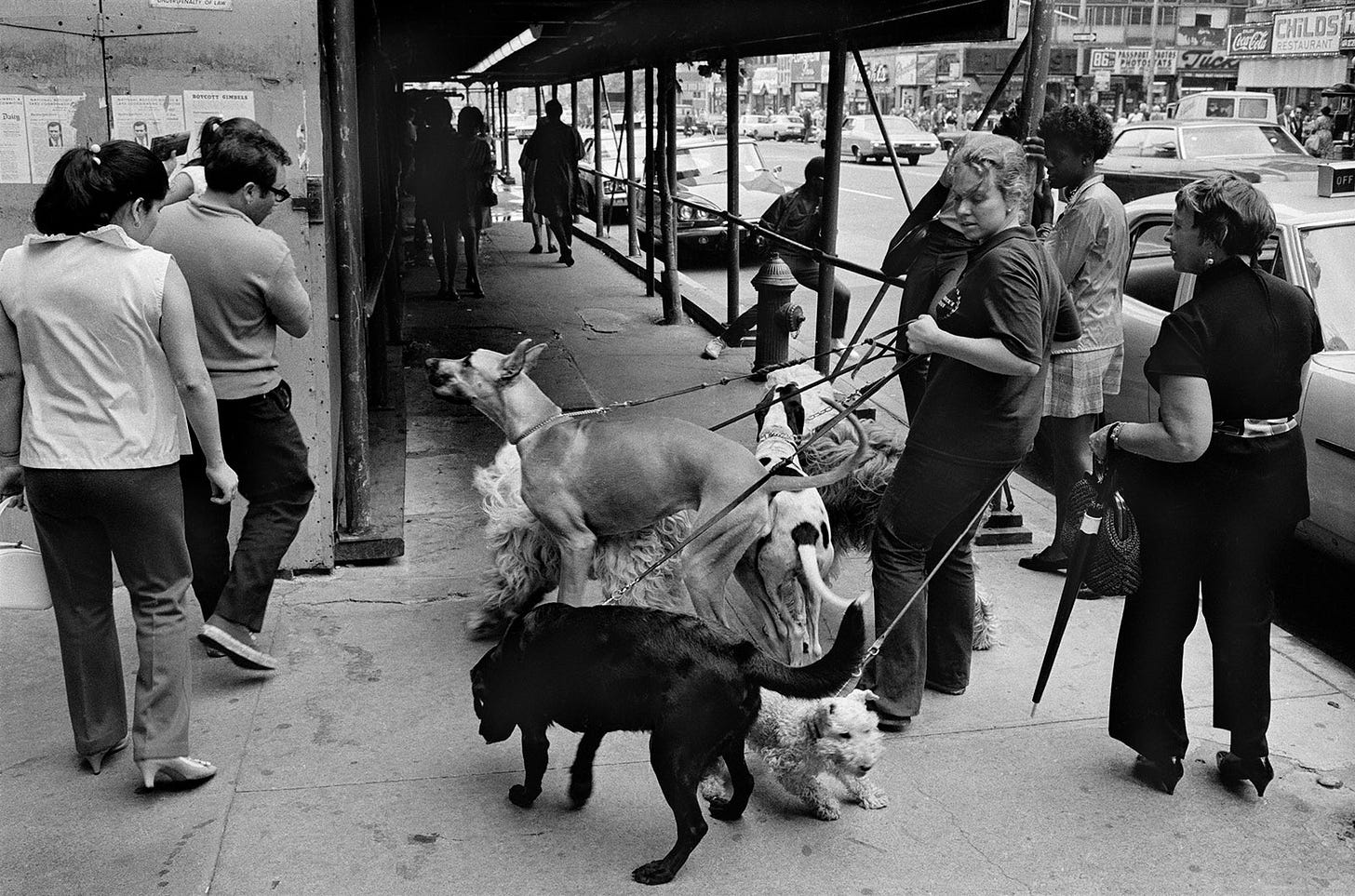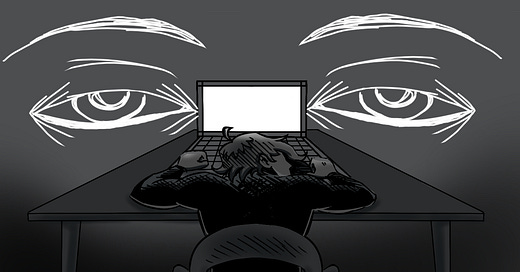Dear Friends
Hope you all are doing good and by good I don’t mean in it in the bank balance reference.
No doubt I thoroughly enjoy the work that I do but this imbalance in work and personal life is making me distant with the people I care about.
Yesterday, I was wondering if I spoke to my sister or not in this day, so I called her at 11.30 PM and asked her whether we spoke today on whatsapp video call or normal phone call or messenger call or zoom call or on Instagram DM or on text message or via mom’s phone or via dad’s phone or via this newsletter, Hi Neha and Neetika, how are you doing? Call me maybe.
Ironically I spent a few hours last night reading about the phenomenon of ‘Zoom Fatigue’
What Causes Zoom Fatigue?
Have you ever wondered why you’re so tired even though all you’ve done is sit in your chair all day? Zoom meetings drain your energy due to a change in meeting behavior and overstimulation. Unlike face-to-face meetings, you’re trying to ward off new distractions like pets barking or children screaming, all while paying attention to a speaker. This can create a great amount of additional tension as you conduct your virtual meetings. Not to mention the added pressure of feeling “on” for a meeting and being ready to respond at a moment’s notice.
Zoom meetings also cause over-stimulation. Not only are you looking for visual cues and trying to stay engaged in your meeting, but you’re observing multiple people in multiple environments. Prior to Zoom, you probably didn’t care what your colleague’s home office looked like. But now, in addition to participating in a virtual meeting, you also might be analysing their choice of paint colors or the books on their shelves. This extra stimulation is too much and can eventually wear on you.

(Here is a confession, I look at myself in the zoom calls so I bought a webcam and now I can see myself in HD.)
Writing some more paragraphs from what I kept reading last night.
This word ‘zoom fatigue’ was first published on April 23, 2020 by Joanna Sugden in an article at WSJ. I know WSJ is a paid subscribers only publication, but anyone of you wants to read this article and if you are interested I will email you a PDF version of this article separately, all you have to do is just ask, simple bro.

While the Zoom fatigue is now an established fact, people have now started to worry about the psychological impact of these virtual meetings. This is not surprising. Teams do their best work when people feel they can raise questions, concerns, and ideas without fear of repercussion. And virtual meetings are devoid of any social or non-verbal cues because it is never easy to detect them over a videoconference call. Worse, the lack of space and privacy at home, the doorbells, the pressure cooker whistling away in the kitchen, kids running around the house (and sometimes in front of the camera) make for a very strenuous relationship with Zoom calls!
However, Zoom, along with most videoconferencing tools such as Teams, GoToMeeting, WebEx and Meet provide their own little bunch of bells and whistles to keep the meeting as 'real' as possible. Here is a video if you want to dive deeper
What I was reading this week?
The stark loneliness of digital togetherness.
Loneliness, or the perceived gap between the relationships we want and the ones we believe we have, manifests itself in a variety of ways. Young people who leave home for college, for example, are often momentarily lonely. Although the state is unpleasant, it’s a natural “pinch-point of experience,” says Fay Bound Alberti, a historian and the author of A Biography of Loneliness. “They are working out who they are.” Like physical pain or hunger, loneliness is a cue that alerts us to pay attention.
What comes after zoom fatigue?
“We’ve been forced to use these tools for things that we otherwise never would have dreamed of, like buying and selling houses,” said Nicole Ellison, a professor at the University of Michigan’s School of Information. “We’ll essentially come out of this with a better, more calibrated sense of what we really need to do face to face.”
How Brene Brown runs emotionally intelligent zoom meetings.
"Our brains like to tell ourselves stories," Brackett said. "I think it's a helpful strategy. It's a self-talk strategy. I've got to be hopeful. I've got to be grateful. I've got to get through this. Having that positive self-talk makes all the difference."
Is there something more I should be doing?
“Perhaps instead of chasing my perceived deficiencies, I could stop believing my life CAN be lacking. Whatever my friend does, she is essentially creative. Perhaps I’m essentially complete, whatever I do.”
The life and death business of being a dog-walker. I cannot believe I found this article from somewhere on the internet.

I have hosted more than 100 online events during this lockdown and this article describes most of the tips that I use for hosting online events.
How the biggest consumer apps got their first 1000 customers.

When chicken talks to ducks, mitigating culture based miscommunications.
Some link in bio tools for your Instagram and how to use them effectively.
How a DNT community in India tasted fame on Tik Tok

A painting has netizens trying to find Hindi TV shows most popular personalities, check it out here

Remembering the mathematical playfulness of Maurits Cornelis Escher
With all expressions of art, whether it is music, literature or visual arts, it is first and foremost a matter of: communicating to the outside world and make sensory perceptible a personal thought, a striking idea or an inner emotion.– MC Escher
What I was listening or watching this week?
You should definitely watch the last video ‘Give yourself the permission to be creative’
If you liked reading Relatively Correct newsletter, why not share it with your friends? Just click on the below button and you can share this post.
More importantly, take care of yourself and if you have also faced zoom fatigue or screen fatigue or anything that you think resonates with this week’s topic, please reply to this email or leave a comment below.




